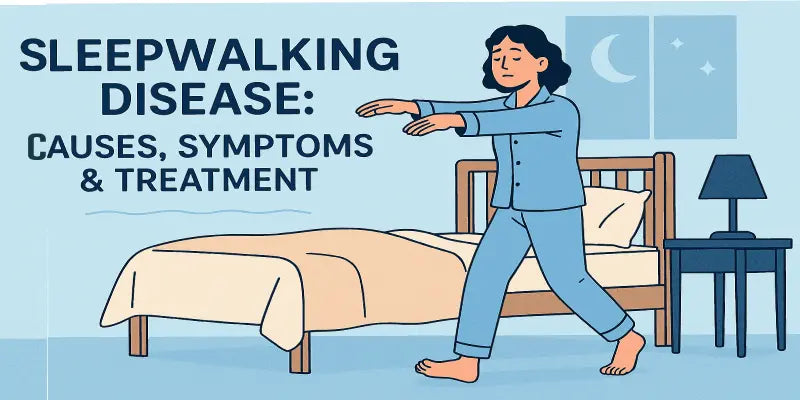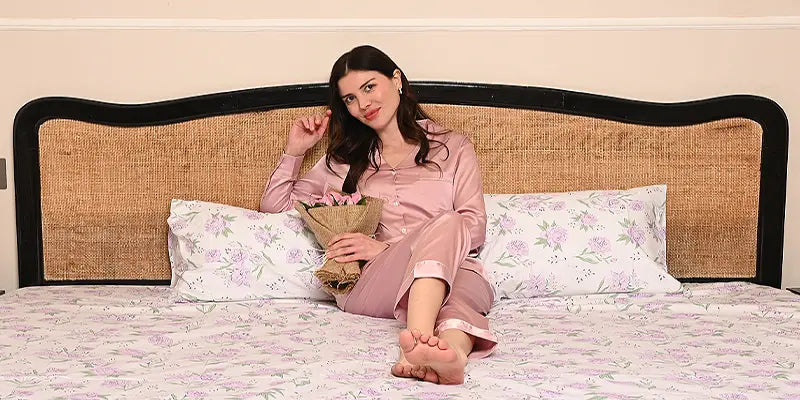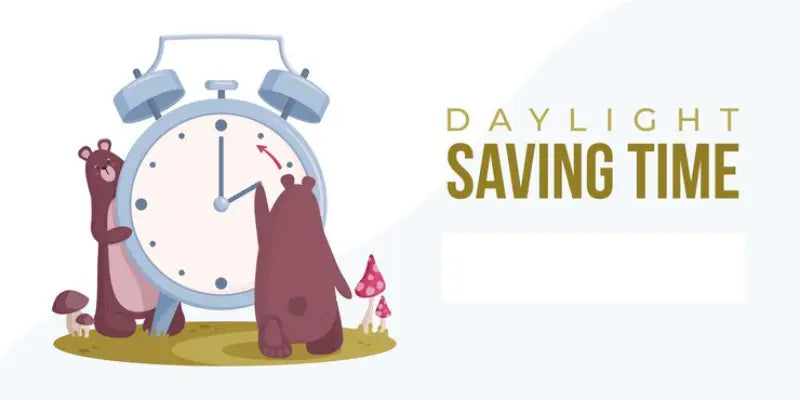
Night Owl or Early Bird: Which One is Better for You?
Are you someone who loves staying up late into the night, or do you prefer waking up with the sunrise? You might have heard people talk about being a "night owl" or an "early bird."
In our world, there are two types of people: those who enjoy listening to birdsong first thing in the morning and those who moan and wish that birds could be made silent.
Early birds, commonly known as morning larks, fall under the first category. Most early risers like waking up early in the day and fade quickly in the evening.
Night owls, on the other hand, prefer to get up late and remain up late since they find they are most productive later in the day.
In this blog, we’ll explore which one is better.
What's a Night Owl and an Early Bird?
A night owl is someone who feels more awake and active during the evening and night. They might stay up late working, socializing, or just enjoying their time.
On the other hand, an early bird is someone who loves waking up early in the morning. They feel most productive and energized during the early hours of the day.
The Night Owl Lifestyle
According to reports, around 40% of teenagers are night owls. Being a night owl can have its perks! You get to enjoy the peace and quiet of the night when everyone else is asleep. It might be easier for you to concentrate on tasks without any distractions. Plus, nighttime can be a great time for creativity and inspiration to strike!
However, there are also downsides to being a night owl. Staying up late can mess with your body's natural sleep cycle, leading to sleep deprivation and tiredness during the day. It might be harder to stick to a regular schedule, which can affect your productivity and overall well-being.
The Early Bird Lifestyle
Early birds get the worm, as they say! Waking up early can give you a head start on the day. You have time to enjoy a peaceful morning routine, exercise, or get work done before the rest of the world wakes up. Early birds often feel more focused and productive during the morning hours.
But being an early bird isn't without its challenges. Waking up before the sun rises might be tough, especially if you're not a morning person. Plus, you might find yourself feeling tired earlier in the evening, which could limit your social activities or nighttime productivity.
So, which lifestyle is better for you?
It makes little difference what time you wake up and go to bed as long as you get the 7-9 hours of high-quality sleep advised by the National Sleep Foundation each night. However, our society is designed to favor early birds over night owls, with many jobs and schools requiring you to start early in the morning.
Also, multiple studies show that early birds are generally happier than night owls. This could be due to prolonged exposure to natural light, which is connected to our brain's release of serotonin, sometimes known as the 'happy hormone'.
How to wake up early in the morning?
Gradually changing your sleep pattern will help you adjust to a new routine by going to bed and waking up a little earlier every few days. Once this new routine is in place, try to keep to it every day.
Also, you should get as much natural light and fresh air as possible in the morning, and minimize your caffeine intake in the afternoon. Try to schedule an hour of relaxation time before going to bed every night and check your sleep duration on the sleep calculator. This means giving up screens and social media in favor of a calming activity.
Conclusion
Whether you're the night owl vs early bird, both lifestyles have their pros and cons. The most important thing is to prioritize your sleep and overall well-being. Listen to your body's natural rhythm and create a routine that allows you to feel your best, whether that means staying up late or waking up early.
Try to create a perfect bedtime routine for yourself to sleep better. Invest in a good quality pillow and mattress to support your back and head. If you are some one suffering from neck or back pain, you can invest in a memory foam pillow.
A memory foam sleeping pillow will adapt to the shape of your head and neck, offering tailored support and alignment. These pillows are well-known for their ability to relieve pressure points and minimize discomfort, making them ideal for anyone suffering from neck pain or other sleep-related disorders.








